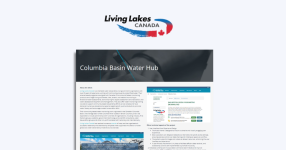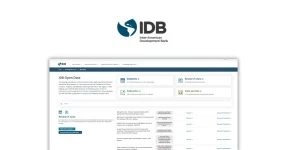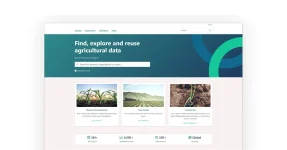Earlier this month I was listening to an Audible reading of a Harvard Business Review article titled, “The Best Data Scientists Know How to Tell Stories”, by Michael Li 2015. The article covers how employers struggle to find the top 2% of STEM PhDs within a subset of candidates who are not only technically gifted, but who also understand, and can communicate the business value of their work.
So, I was naturally interested when this week the Australian Public Service (APS), who are also a significant employer of STEM PhDs, formally launched the Data Professional Stream. It was announced by the APS Commissioner Peter Woolcott AO, who also confirmed the appointment of Dr David Gruen, Australian Statistician and head of the Australian Bureau of Statistics (ABS), as the inaugural Data Head of Profession.
The Data Professional Stream will champion the uplift of baseline data capability across the APS, but put primary focus on those called to leverage sophisticated or specialist data capabilities.
In conjunction with the launch, several prerecorded video presentations were made available, each giving context to the need for strong data capabilities within the APS. In one of these videos Alistair Campbell, the Assistant Secretary at the Department of Prime Minister and Cabinet, states, “In 2030, just ten years away, I want to see our data professionals become the pre-eminent problem solvers of the Public Service. We can do this by bringing together the roles of data scientists and data engineers to also fulfil the role of translators.”
Recruiting and developing staff to hold strong capabilities in both data science and communication is a challenge across both the private and public sectors. With the launch of the APS Data Professional Stream we are seeing a positive step toward meeting this challenge.
At Link Digital we often work with highly capable data practitioners who have identified the need for data catalog capabilities within their organisations and yet still need help to ‘sell’ their ideas internally. We’ve shared their disappointment at times when the value of important work hasn’t been fully appreciated across the entire organisation. From our observation, we predict that many organisations will benefit from there being more people around to translate that “smaller confidence intervals” usually means, “more confidence in our service”.
Source: https://www.youtube.com/watch?v=r44mRz3tYF8



